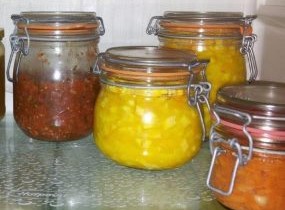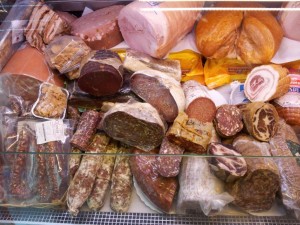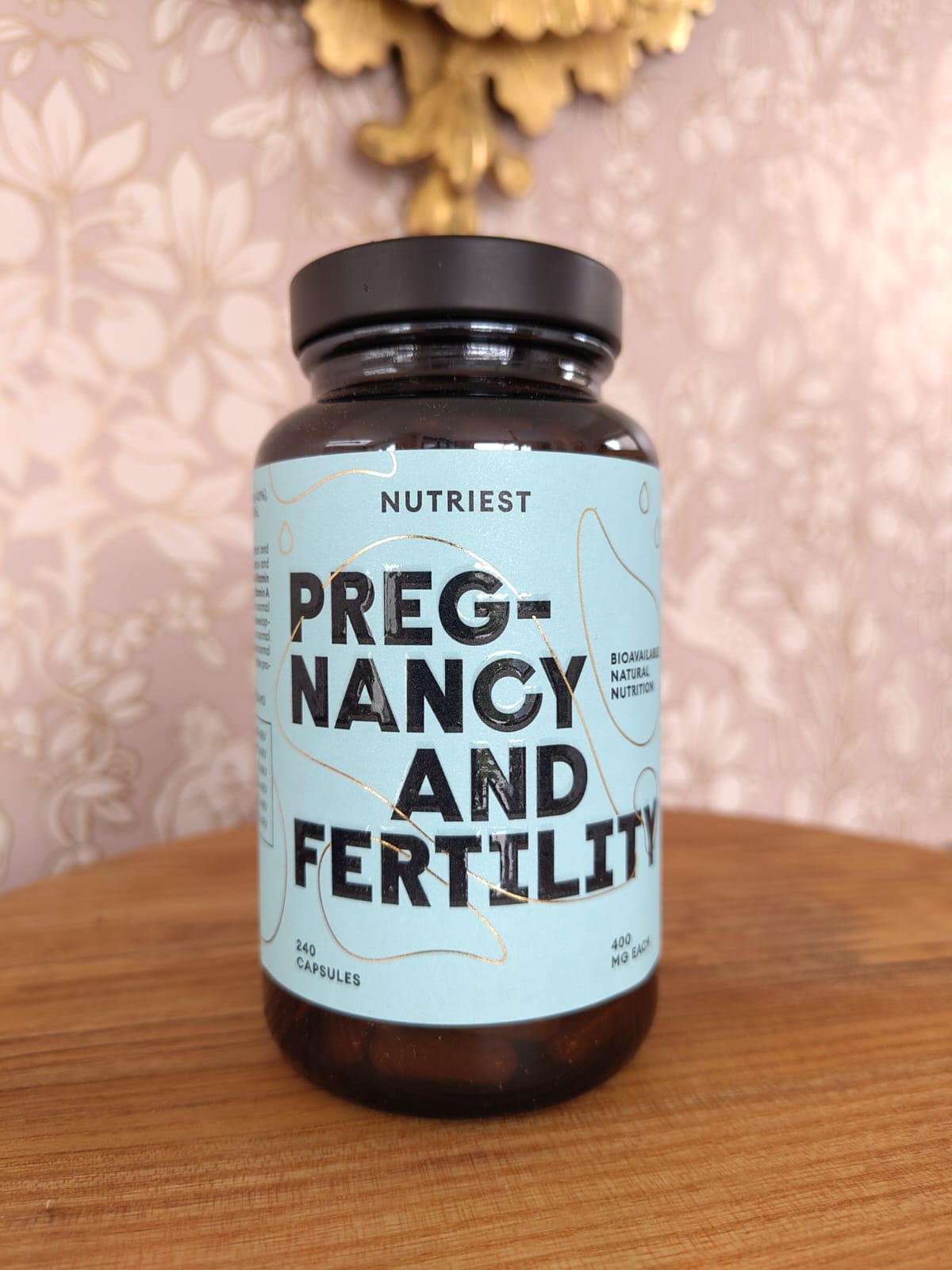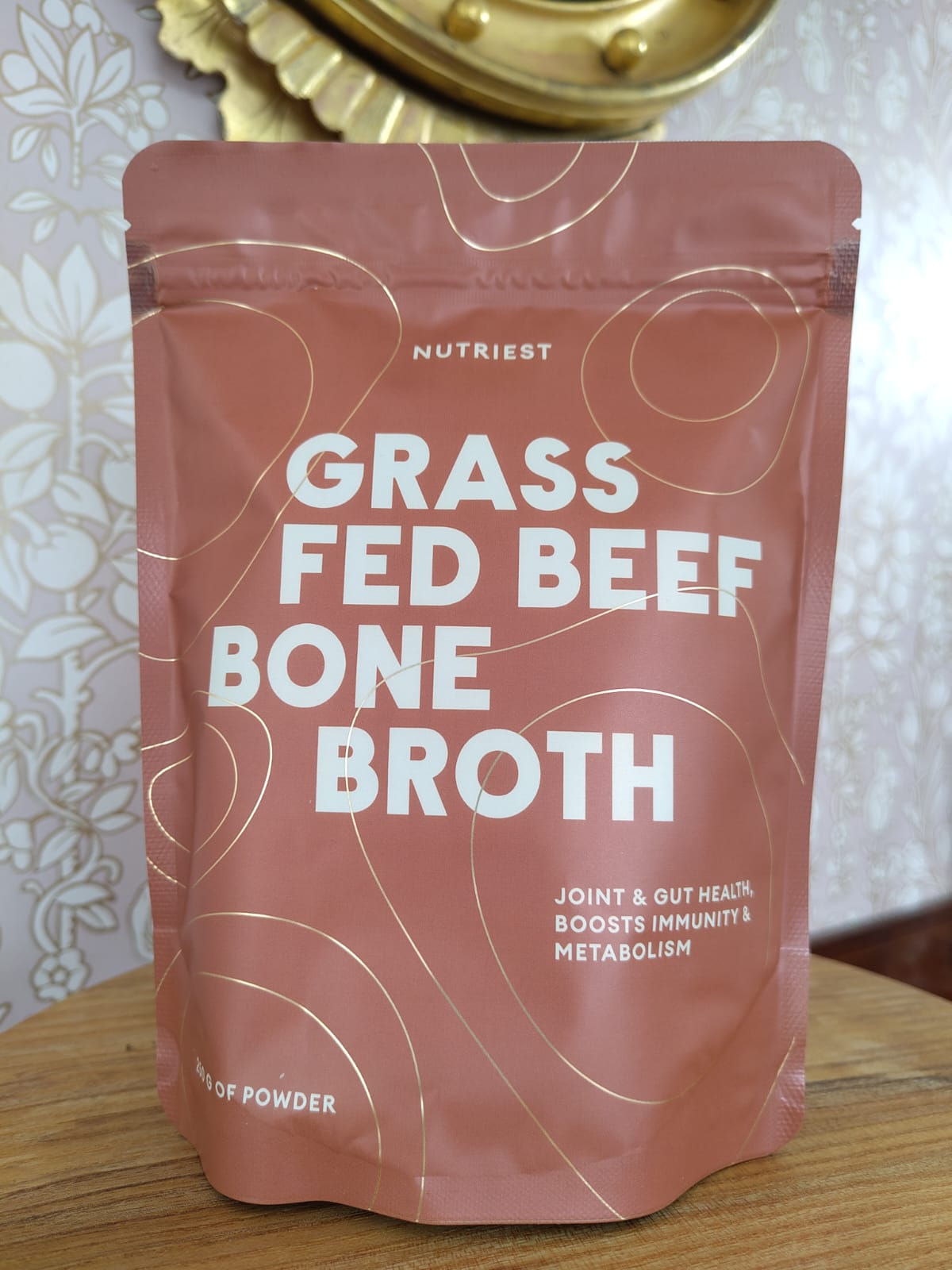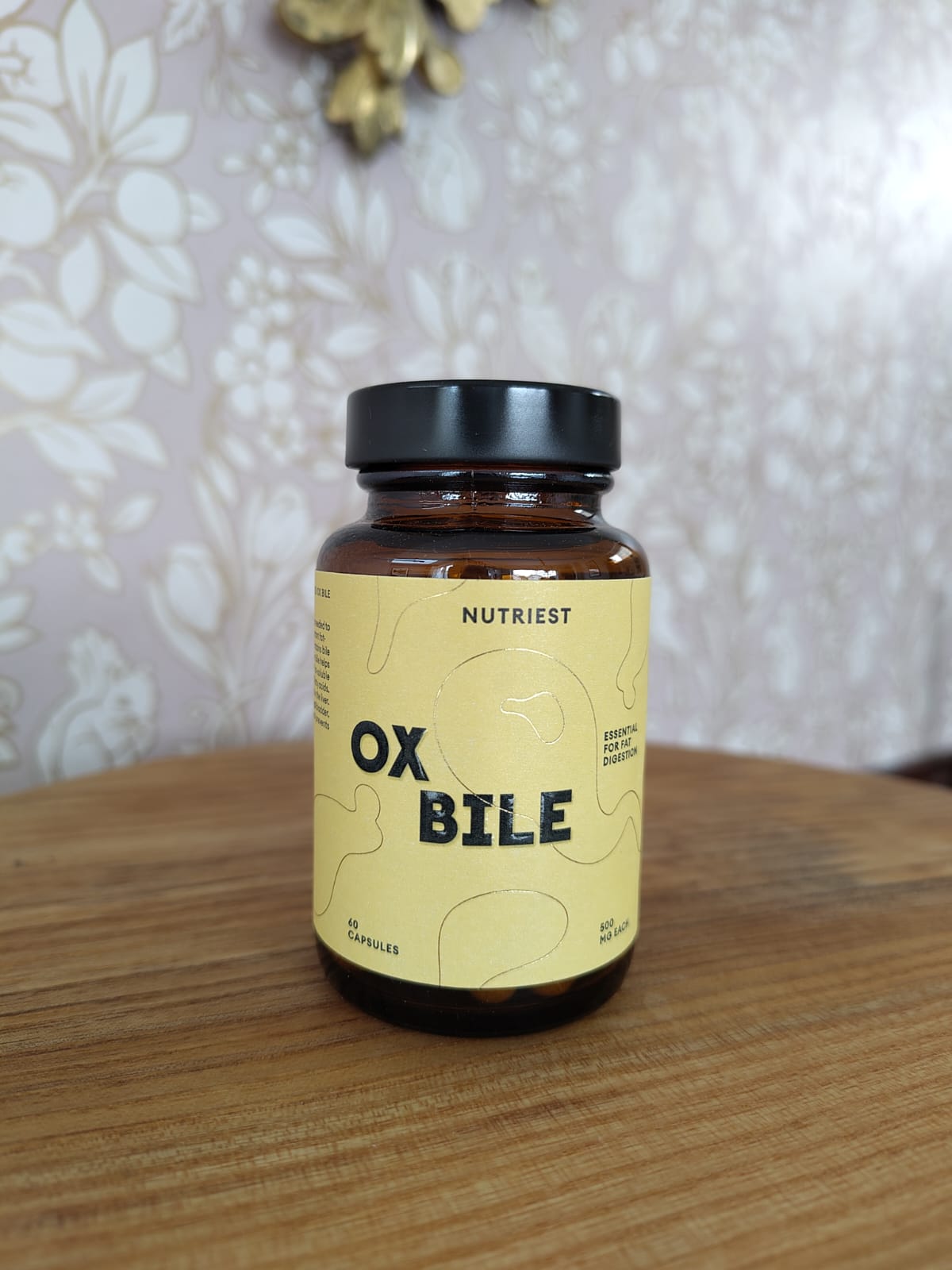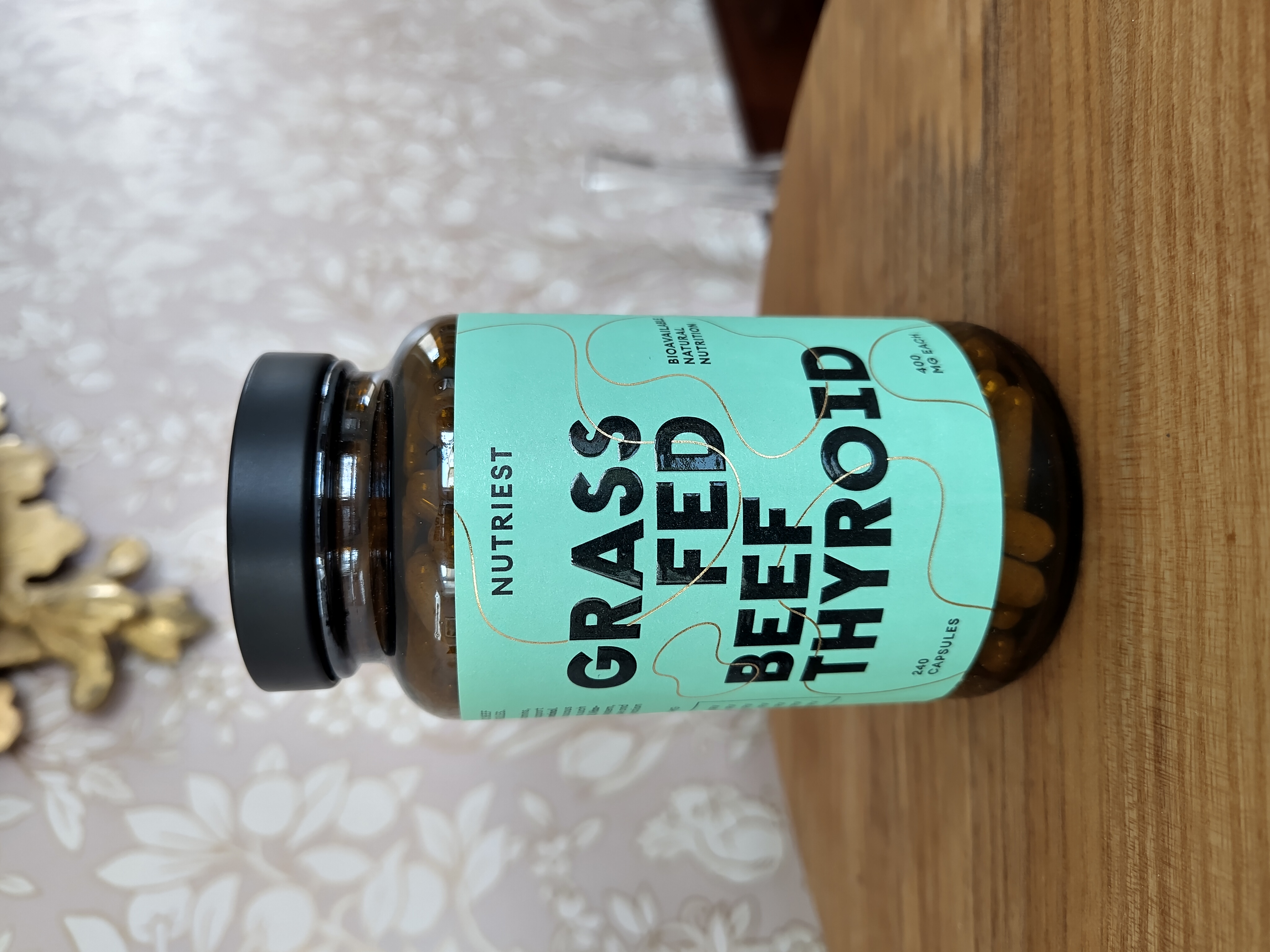Fermentation has been used for thousands of years all over the world, from areas like Israel, Iran and Mexico to Sudan, Egypt, Georgia & ancient Babylon. The process was used to produce wine, beer, cultured milk (kefir & yoghurt), leavened/yeasted bread and preserve fresh foods. It wasn’t until the mid 1800’s that we discovered bacteria and fungi were the agents responsible for the fermentation process.
Many of us were raised with a fear of “germs”, antibiotics and antibacterial products were widely overused, this has contributed to what’s known as dysbiosis, an imbalance of pathogenic bacteria in our digestive systems as well as the rise of antibiotic resistant strains of bacteria. The most effective way to combat these strains is to regularly consume fermented foods. This will not only support improved digestion, but will help our immune system combat pathogens, will help with weight loss (regular antibiotic use is associated with increased obesity) AND mood (the friendly – commensal- bacteria support optimal levels of serotonin, GABA and dopamine).
Some well known fermented foods and drinks include:
- Sauerkraut (pickled cabbage)
- Chocolate
- Yoghurt
- Soya sauce
- Vinegar
- Olives
- Sourdough or yeast bread
- Prosciutto & salami
- Wine and beer
In the fermentation process the food is broken down by bacteria and/or yeast into a more digestible by product. There are several benefits to this:
- The “shelf life” of the food will naturally increase without the need for artificial preservatives
- The food in question becomes more nutrient dense, with an increase in the vitamin and/or mineral content
- Fermentation also helps in the breakdown of proteins to amino acids, making foods easier to digest. This is especially beneficial for someone who’s digestion has been compromised due to an illness, poor dietary choices or an over-reliance on medications/antibiotics. For those who are unwell, these pre-digested foods are better than any medicine regardless whether it is cancer or a cold. If you find the protein gluten difficult to digest, the action of yeast or other cultures on wheat will predigest the proteins, reducing the chances of an unpleasant reaction. Similarly with the milk sugar lactose, cultured milk has much of the lactose already broken down
This process will usually affect the flavour and smell of the food, sometimes even the texture which can take some getting used to but that’s OK. Start incorporating small amounts into your meals and before you know it your taste buds will be wanting more!!
All plant foods contain anti-nutrients (phytates etc.) these are broken down in the fermentation process, making them easier to digest and increasing the ability of our digestive systems to assimilate the nutrients
Fermented food does not need to be cooked for the most part, and if it does, cooking time is reduced. This means that the valuable enzymes and water soluble vitamins are not lost.
It is the ideal way to eat many foods!
So how do I start adding these foods to my diet and where can I find them?
It all comes down to location, location, location…believe it or not!! To get really good food we need to avoid big supermarket chains and find local markets where farmers and growers sell direct to the public. Most markets, organic and independent shops will sell:
- Raw cheeses and other cultured diary like kefir and yoghurt
- Sourdough bread
- Sauerkraut and other cultured vegetables and fruits
